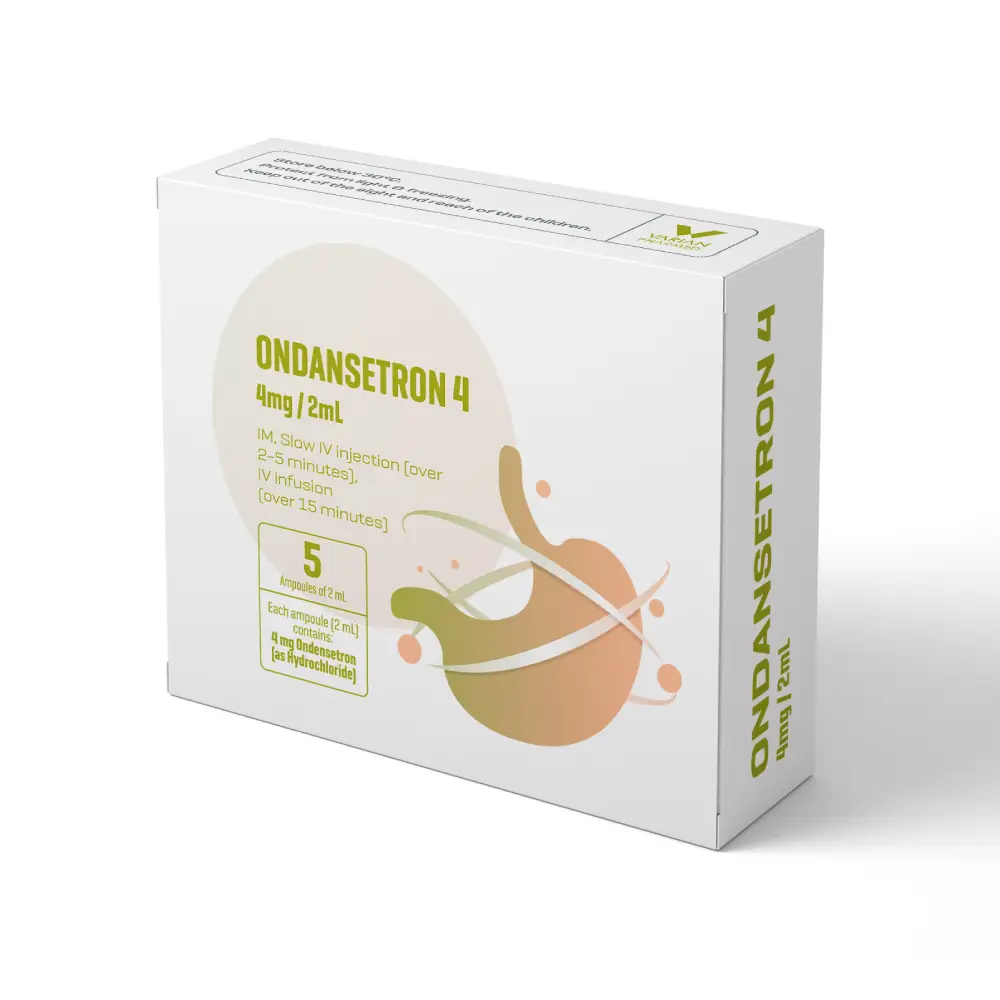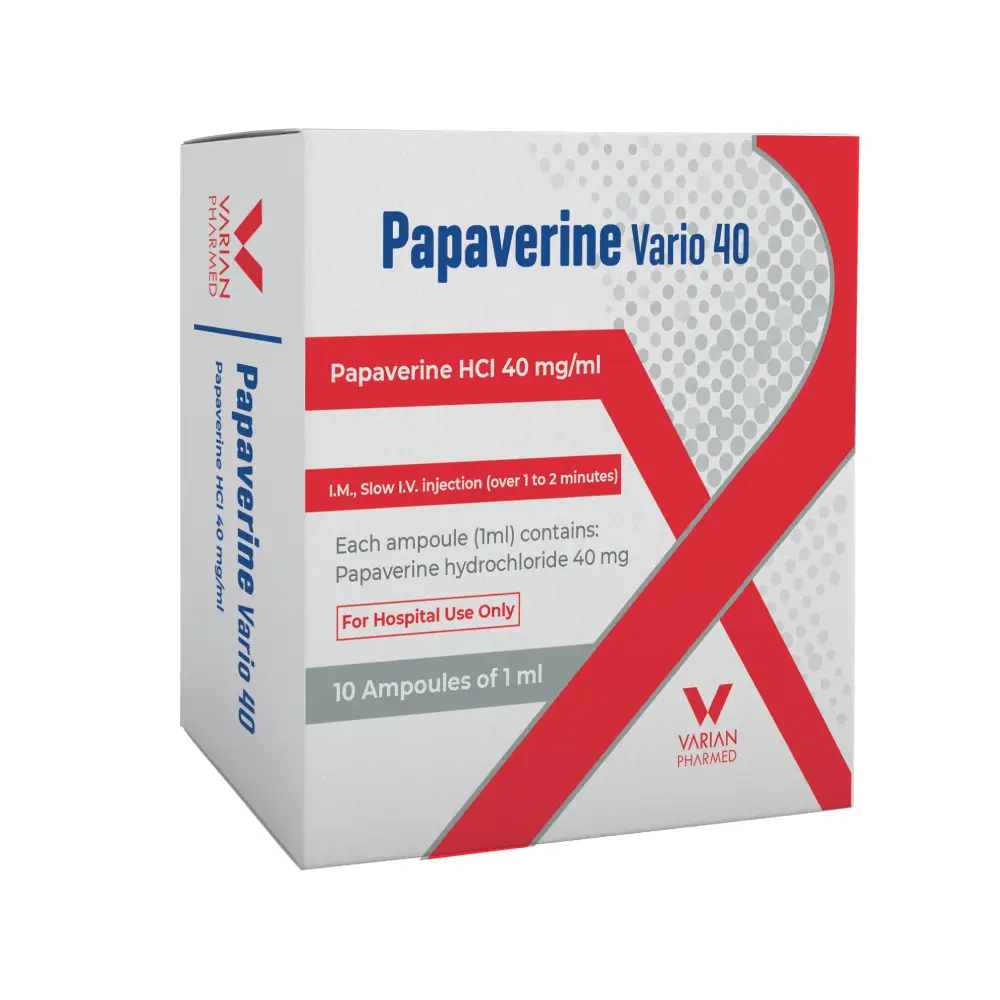- Home
- حوزههای درمان
- سرطان
- Vipoma
Vipoma
Varian Pharmed
Overview
VIPoma is a rare type of neuroendocrine tumor that primarily originates in the pancreas and produces excessive amounts of vasoactive intestinal peptide (VIP). This hormone plays a crucial role in regulating water and electrolyte balance in the gastrointestinal tract. The overproduction of VIP leads to a specific syndrome characterized by severe symptoms, including profuse watery diarrhea.

Symptoms
The hallmark symptoms of VIPoma include:
- Watery Diarrhea: Patients may experience massive diarrhea, often exceeding 3 liters per day, which can occur even without food intake.
- Dehydration: Resulting from fluid loss, leading to symptoms like thirst, dry skin, and fatigue.
- Hypokalemia: Low potassium levels can cause muscle weakness and irregular heartbeats.
- Abdominal Pain: Mild crampy pain may occur.
- Flushing: Some patients may experience facial flushing.
This collection of symptoms is often referred to as Verner-Morrison syndrome or WDHA syndrome (Watery Diarrhea, Hypokalemia, Achlorhydria).
Diagnosis
Diagnosis typically involves measuring serum levels of vasoactive intestinal peptide during episodes of diarrhea. Imaging techniques such as CT scans or endoscopic ultrasound can help localize the tumor.
Treatment Options
Treatment strategies focus on managing symptoms and may include:
- Fluid and Electrolyte Replacement: To address dehydration and electrolyte imbalances.
- Medications: Somatostatin analogs like octreotide can help control diarrhea.
- Surgery: Surgical resection of the tumor is the most effective treatment for localized VIPomas.

Prognosis
The prognosis for VIPoma varies; while surgical removal can be curative for localized tumors, many patients present with metastatic disease, which complicates treatment. Early diagnosis and intervention are crucial for improving outcomes.


